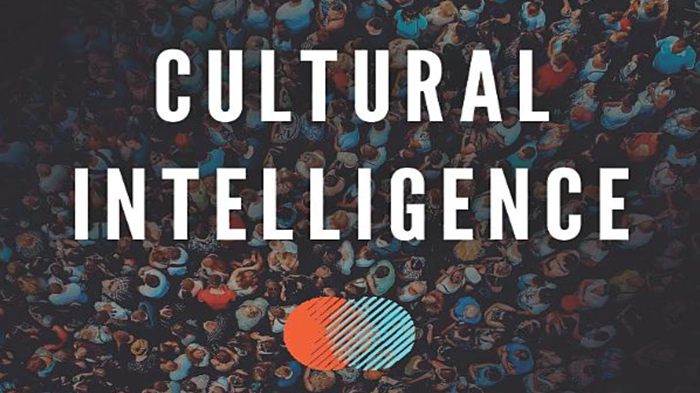A Time for Cultural Intelligence

It doesn’t take sociological statistics to see that we have become increasingly insensitive to one another and as caustic with one another as we have ever been. The whole Western world seems to be watching and just as engaged in our political and social conditions in the USA.
It’s quite easy to say we need civility. Which is as true as it gets, the realization widespread, and the solution – well, seemingly out of reach. For five years or so Facebook and Twitter have broiled and boiled and bubbled over. One has to wonder what some of our friends will have to talk about – well, for ten weeks or so it’s not going away. But then, what will be the conversation?
And many feel that now that the Democrats have won and want to talk civility that such talk is hollow because for five years they have done their fair share of carping and griping and being uncivil. No reason to say “You-know-who started it” because the issue is that both sides have formed into a culture of incivility.
Can we get out? I think some can, but I have doubts about culture as a whole. I hope so, but time will tell if we can recover from a culture of incivility.
Darrell Bock, in his new book Cultural Intelligence, has put his hand on the table to offer some ideas about how Christians might better engage culture by becoming both more sensitive and by keeping on mission.
I want to draw on two parts of his book, the first about six important biblical texts and the second about the art of conversation.
First, the six texts, and I quote them from the NRSV:
Eph. 6:12 For our struggle is not against enemies of blood and flesh, but against the rulers, against the authorities, against the cosmic powers of this present darkness, against the spiritual forces of evil in the heavenly places.
1Pet. 3:15 but in your hearts sanctify Christ as Lord. Always be ready to make your defense to anyone who demands from you an accounting for the hope that is in you; 16 yet do it with gentleness and reverence. Keep your conscience clear, so that, when you are maligned, those who abuse you for your good conduct in Christ may be put to shame.
Col. 4:5 Conduct yourselves wisely toward outsiders, making the most of the time. 6 Let your speech always be gracious, seasoned with salt, so that you may know how you ought to answer everyone.
Gal. 6:10 So then, whenever we have an opportunity, let us work for the good of all, and especially for those of the family of faith.
2Cor. 5:20 So we are ambassadors for Christ, since God is making his appeal through us; we entreat you on behalf of Christ, be reconciled to God.
2Tim. 2:24 And the Lord’s servant must not be quarrelsome but kindly to everyone, an apt teacher, patient, 25 correcting opponents with gentleness. God may perhaps grant that they will repent and come to know the truth, 26 and that they may escape from the snare of the devil, having been held captive by him to do his will.
He draws out six fundamental ideas, which I will now summarize in my own terms: (1) the cultural engagement is a spiritual issue too; (2) be engaged but do it right; (3) speech matters; (4) do good to all; (5) keep to the mission of reconciliation with God and others; (6) remember God is doing the work.
These are good and important texts, and it often stuns me how few people concerned with civility and cultural intelligence ponder biblical texts for forming their theory.
What will be both commonsense – let me start that again: the problem with common sense is that it not common enough. Here are some wise, commonsensical observations about conversations:
We sabotage conversations with others, reflecting a lack of cultural intelligence, when we:
- Make the quick confession and then pivot.
- Exorcise the other by name-calling and labeling.
- Assign motive
- Think poorly about seeking common ground
- Engage in tribalism
We advance conversations when we:
- Own our own junk
- Stick to issues
- Are honest about our own concerns and convictions
- Are honest about where need to listen and learn
- Are able to parse layers within a view.
Thus there are core issues and core differences, issues where we all agree but don’t know how, and learning to live in tension in a fallen world.
That is, the battles often occur over discerning core from non-core and how to engage.
Jesus Creed is a part of CT's
Blog Forum. Support the work of CT.
Subscribe and get one year free.
The views of the blogger do not necessarily reflect those of Christianity Today.


















